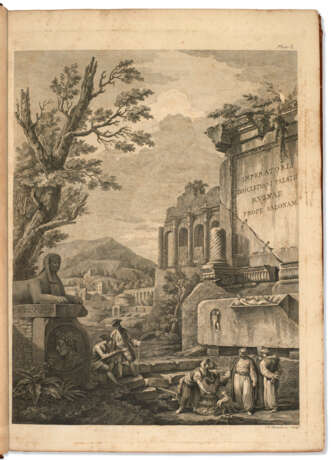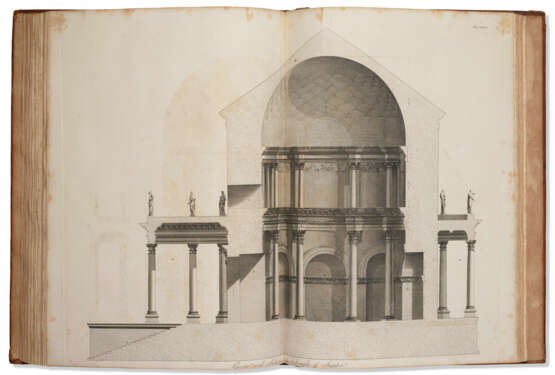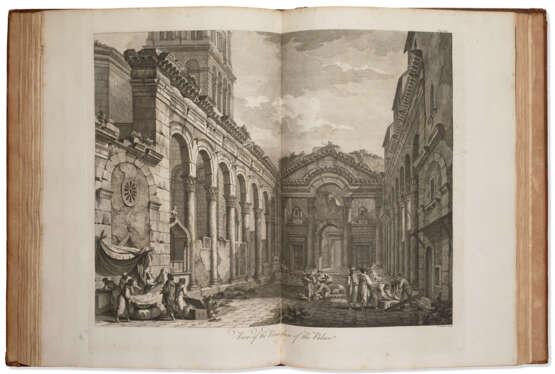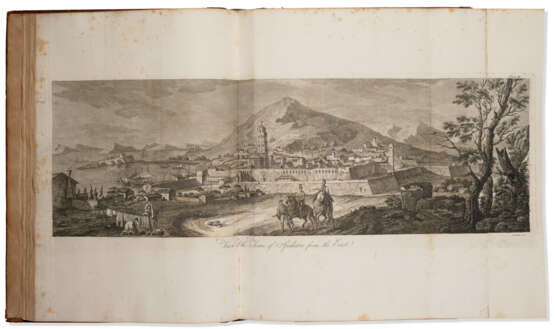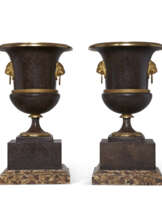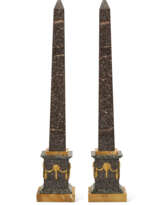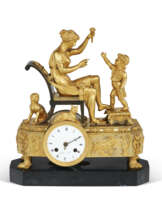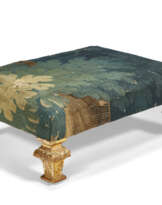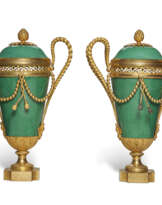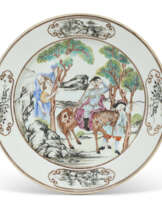ID 1032784
Lot 132 | Ruins of the Palace of the Emperor Diocletian
Estimate value
$ 7 000 – 10 000
First edition of a magnificent record of Diocletian's Palace, by the leading architect of the British Neoclassical Revival and from the library of Victorian builder Thomas Cubitt A student of Giovanni Battista Piranesi and Charles-Louis Clerisseau, Adam spent time in his Grand Tour in modern-day Split in Croatia—a major crossroads in late antiquity. He and Clerisseau made a study of the Palace of Diocletian there, eventually publishing the present work, intended to emulate Robert Wood's 1763 The Ruins of Palmyra. The engravings were probably based on drawings by Clerisseau (six of which are preserved in the Hermitage Museum), and were said by the Critical Review in October 1764 to possess "a taste and execution that has never been equalled in this country." Berlin Katalog 1893; Cicognara 3567: "opera magnifica e grandiosa'; Fowler 2; Millard II, 1; RIBA 27.
Folio (514 x 370mm). 61 numbered engraved plates after C.-L. Clerisseau including engraved title, the majority by F. Bartolozzi and F. Zucchi, many double-page or folding and several together a single sheet (some foxing, mostly at edges; a little worming in gutter at beginning, first and last plate a little toned). Contemporary gilt-ruled calf (rebacked to style). Provenance: armorial bookplate – Thomas Cubitt, 1788-1855, English builder (book label).
| Artist: | Robert Adam (1728 - 1792) |
|---|---|
| Place of origin: | England |
| Auction house category: | Printed books |
| Artist: | Robert Adam (1728 - 1792) |
|---|---|
| Place of origin: | England |
| Auction house category: | Printed books |
| Address of auction |
CHRISTIE'S 20 Rockefeller Plaza 10020 New York USA | ||||||||||||||
|---|---|---|---|---|---|---|---|---|---|---|---|---|---|---|---|
| Preview |
| ||||||||||||||
| Phone | +1 212 636 2000 | ||||||||||||||
| Fax | +1 212 636 4930 | ||||||||||||||
| Conditions of purchase | Conditions of purchase | ||||||||||||||
| Shipping |
Postal service Courier service pickup by yourself | ||||||||||||||
| Payment methods |
Wire Transfer | ||||||||||||||
| Business hours | Business hours
|
